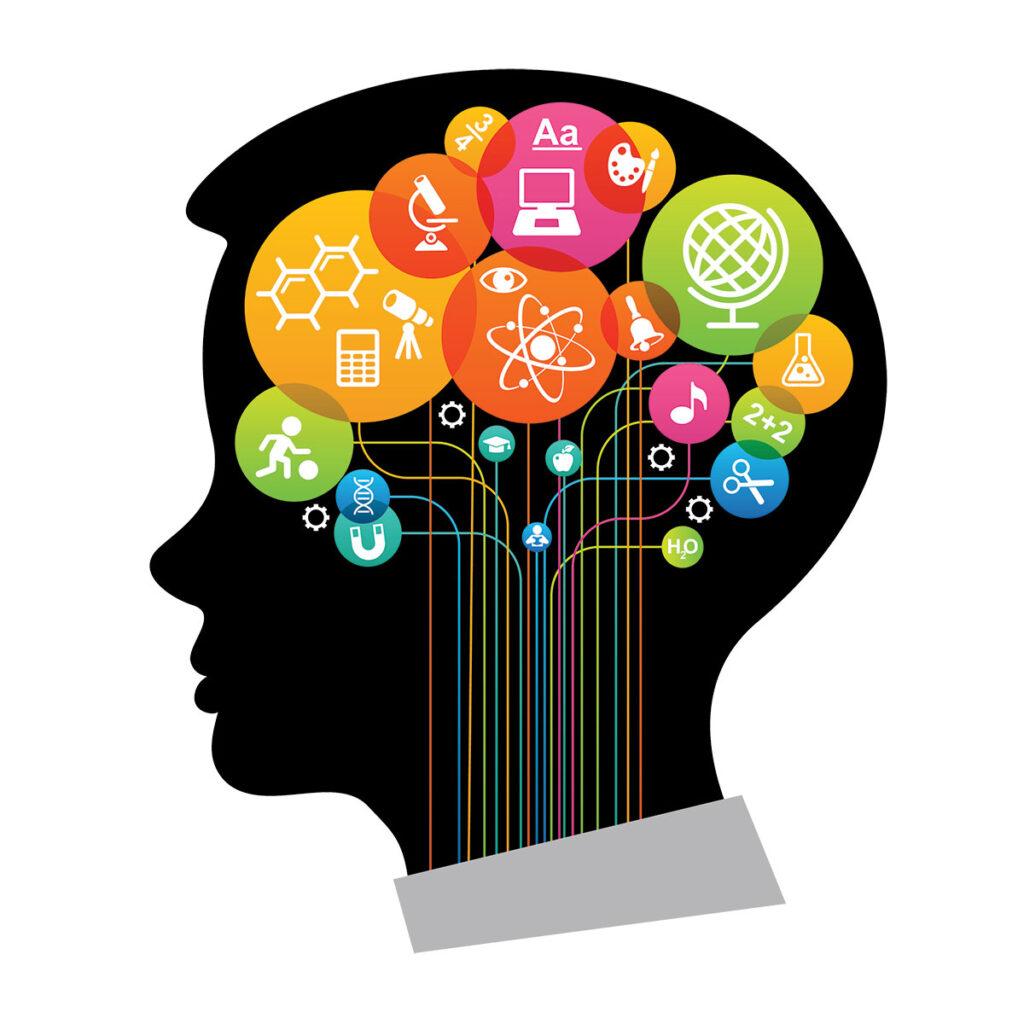Children’s health and development are essential aspects of parenting and caregiving.
One of the most important things parents can do to promote their children’s health and development is to provide them with a healthy and balanced diet.
It is crucial to ensure that children grow and develop healthily from the moment they are born, as this lays the foundation for their future physical, emotional, and mental well-being.

Proper nutrition is essential to support children’s growth and development, and a well-balanced diet should include a variety of fruits, vegetables, whole grains, lean proteins, and healthy fats.
Parents should also limit their children’s consumption of sugary and processed foods, which can lead to obesity and other health problems.
Another critical aspect of children’s health is physical activity.
Regular exercise not only helps children maintain a healthy weight, but it also promotes strong bones and muscles and can help reduce the risk of chronic diseases later in life.
Parents should encourage their children to be physically active by providing opportunities for play, sports, and outdoor activities.
Sleep is also critical for children’s health and development. Infants and young children require more sleep than adults, and establishing a consistent sleep routine can help ensure that children get the rest they need.
Parents should create a cozy sleep space and establish a regular bedtime routine for healthy sleep habits.
In addition to physical health, children’s emotional and mental well-being is also crucial. Parents should provide a supportive and nurturing environment that fosters emotional and social development.
They can do this by engaging in positive communication, listening to their children, and validating their feelings. Parents encourage children to cultivate healthy coping and problem-solving skills for navigating life’s challenges.
Furthermore, parents should ensure that their children receive regular medical checkups and vaccinations to prevent and treat illnesses. Vaccines are crucial in preventing the spread of infectious diseases and protecting children’s health.
Regular pediatric checkups detect and treat health issues early, ensuring children’s healthy growth.
It is also essential to ensure that children have access to a safe and healthy environment. This includes providing a safe home environment free from hazards, such as sharp objects, toxic chemicals, or exposed electrical outlets.
Parents must provide clean water, air, and food, and shield children from environmental risks like pollution.
Finally, parents should also promote their children’s intellectual development by providing opportunities for learning and exploration. This can include reading to children, providing educational toys and games, and encouraging curiosity and creativity.
Children’s intellectual growth is crucial for their school and life success, and parents are vital in supporting it.
Conclusion
Children’s health and development are essential aspects of parenting and caregiving.
Parents can promote children’s health through a balanced diet, physical activity, sufficient sleep, emotional well-being, medical checkups, a safe environment, and intellectual growth.
By following these steps, parents can ensure their children grow healthily and thrive in all aspects of life. 바카라사이트

